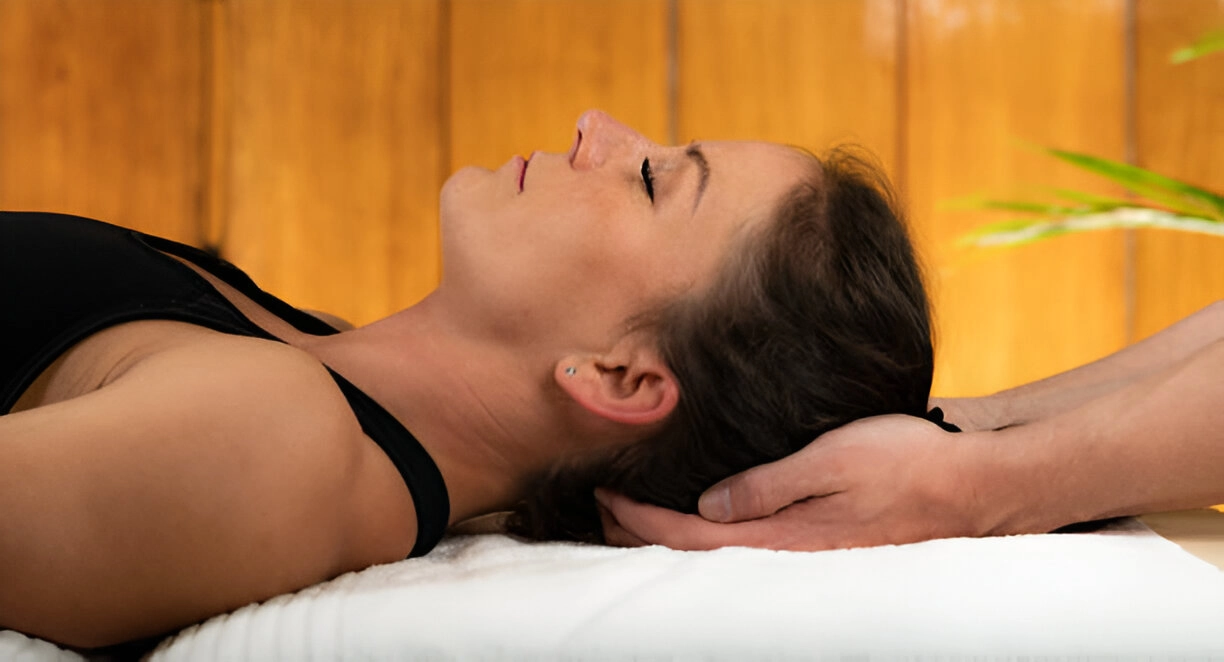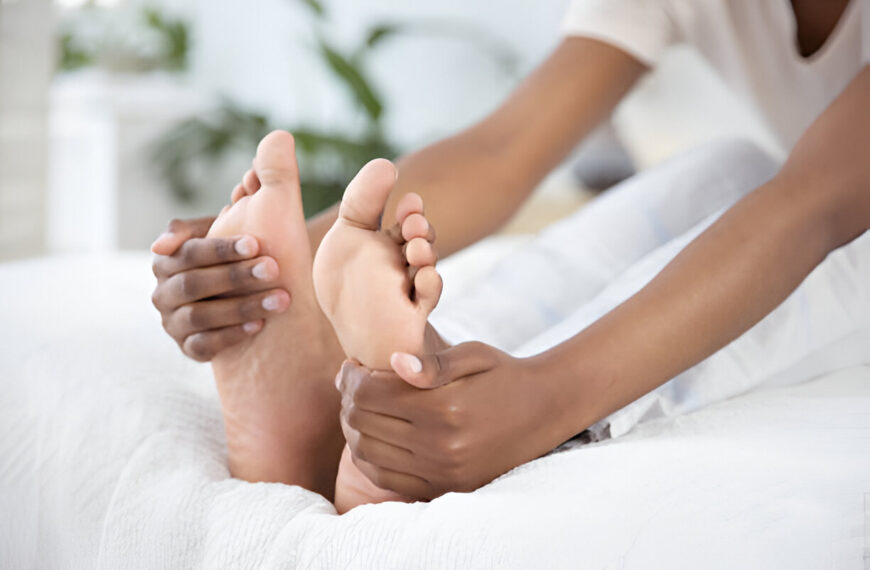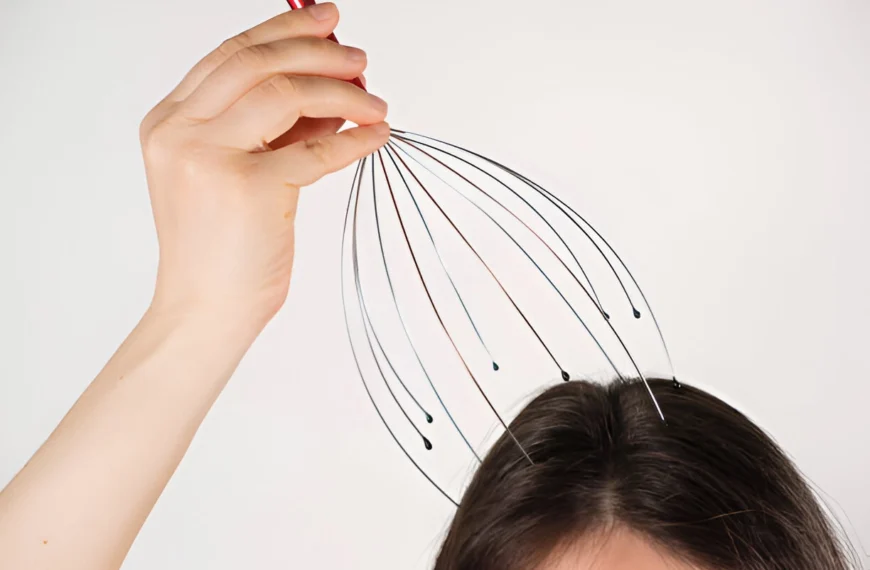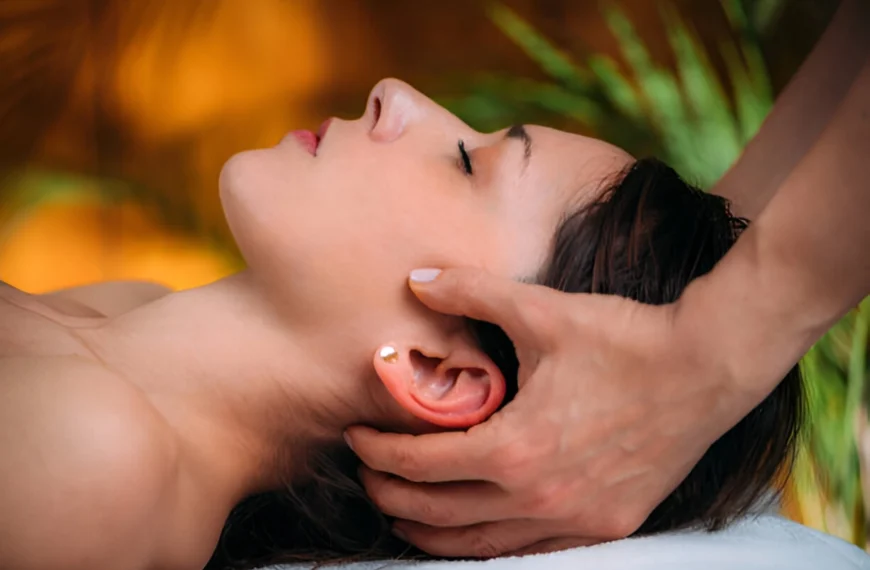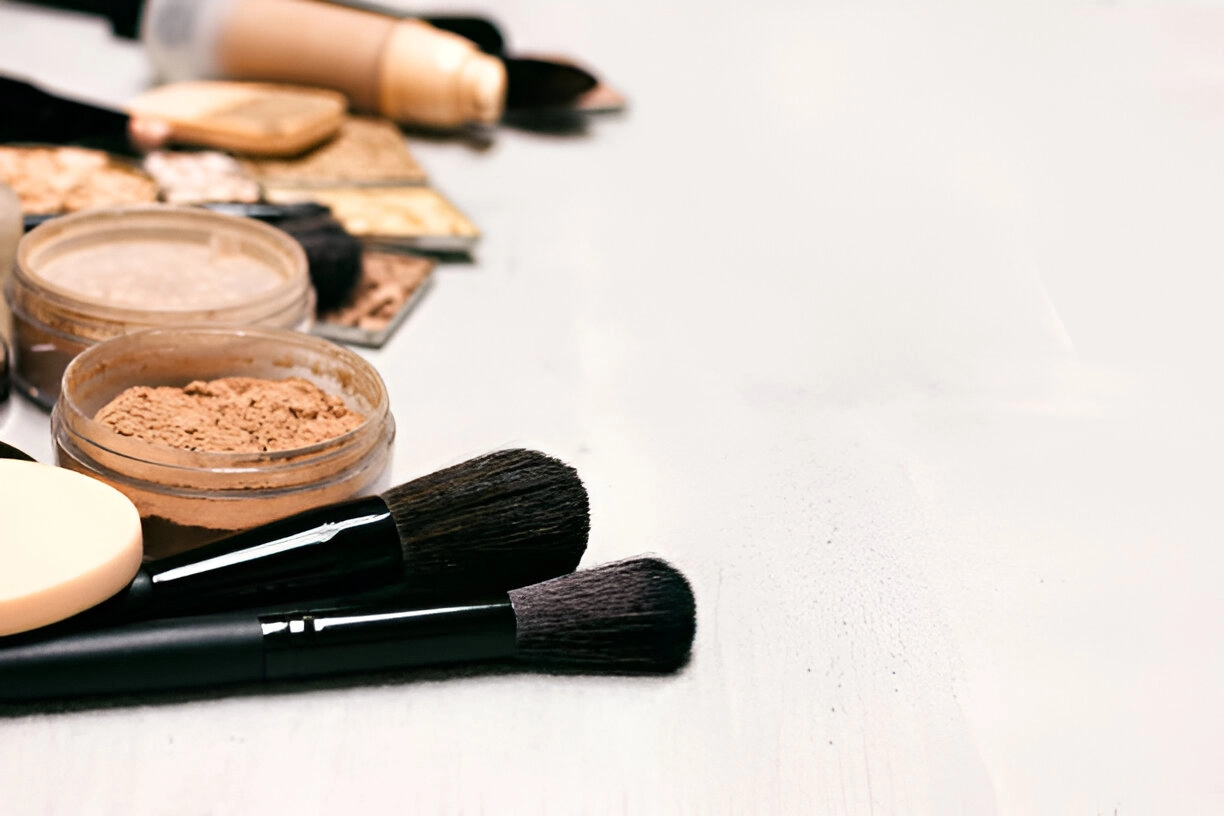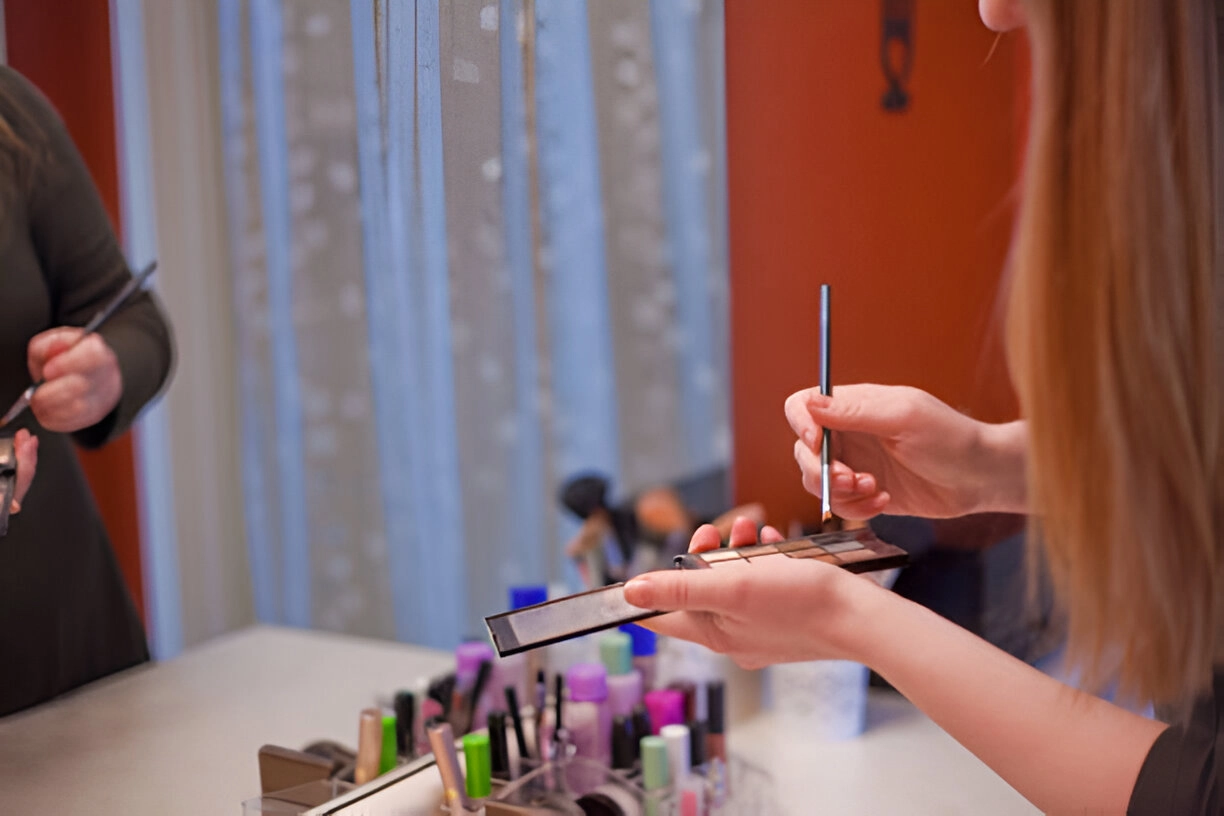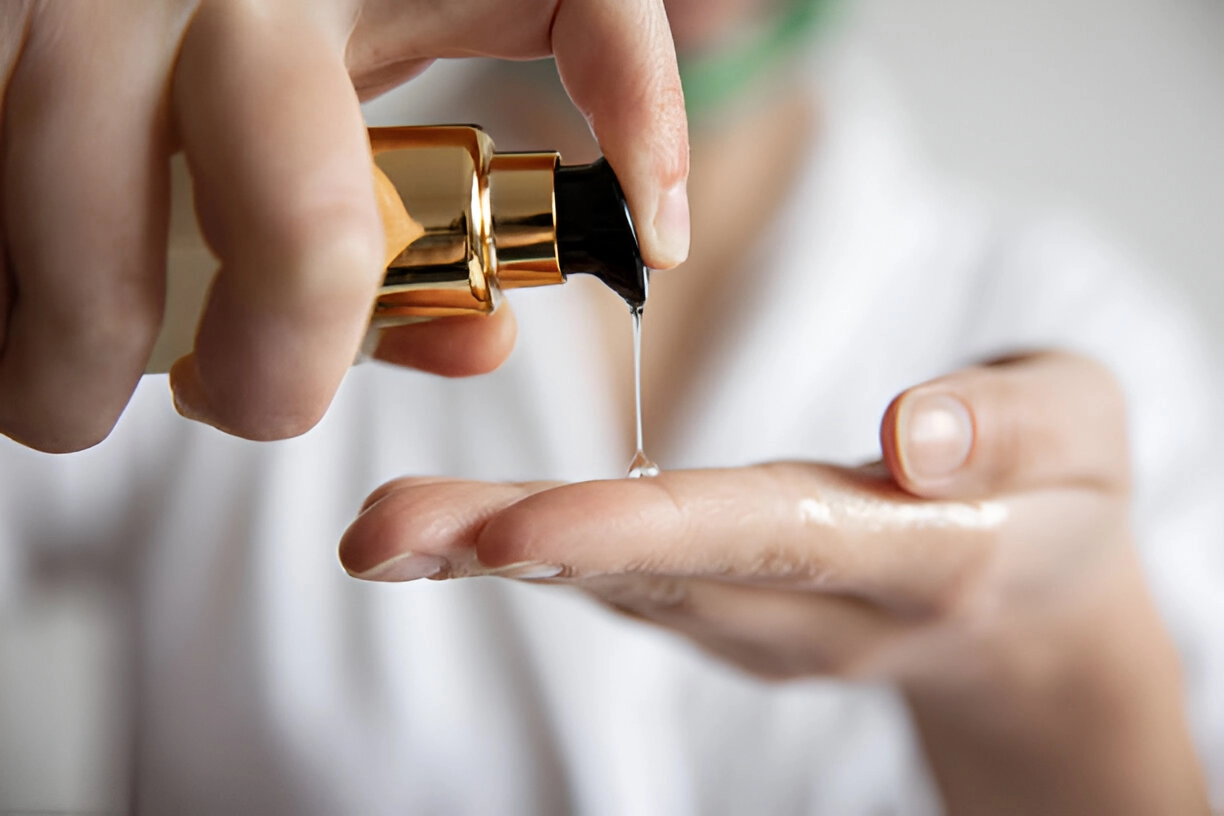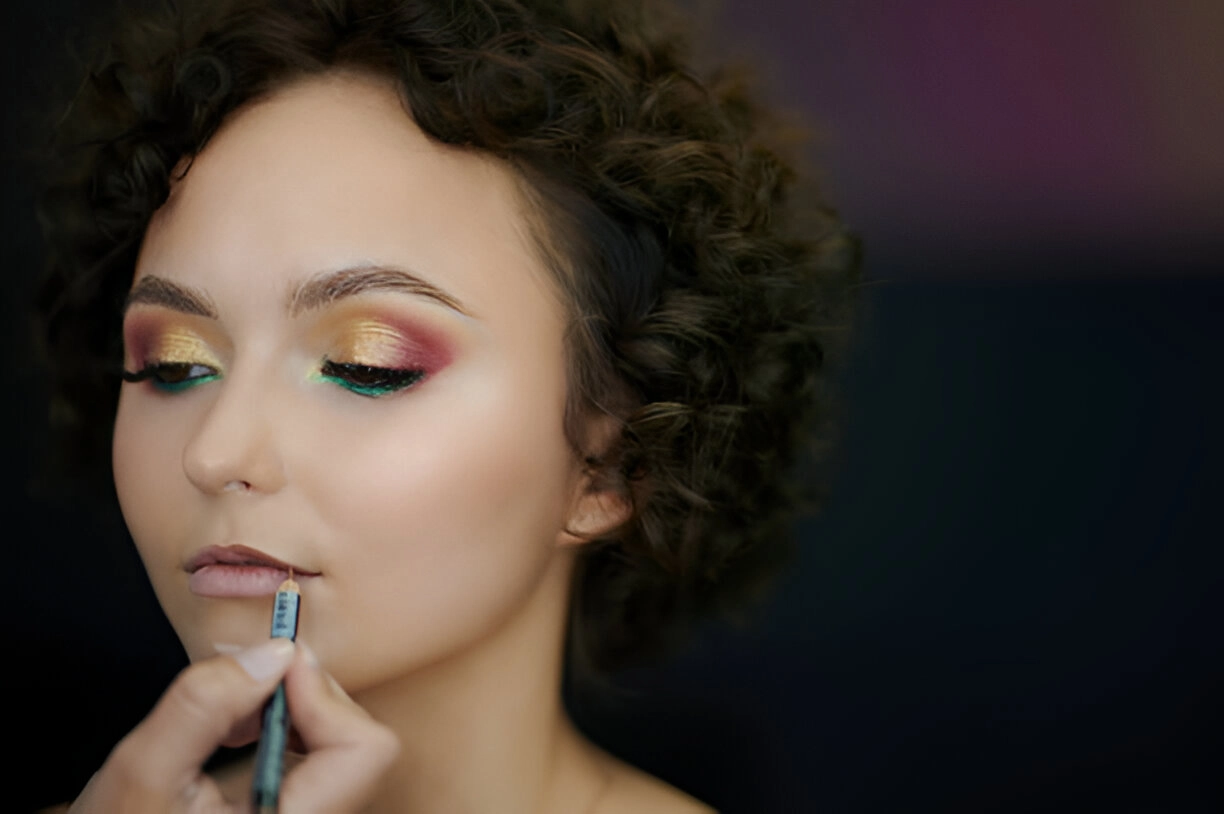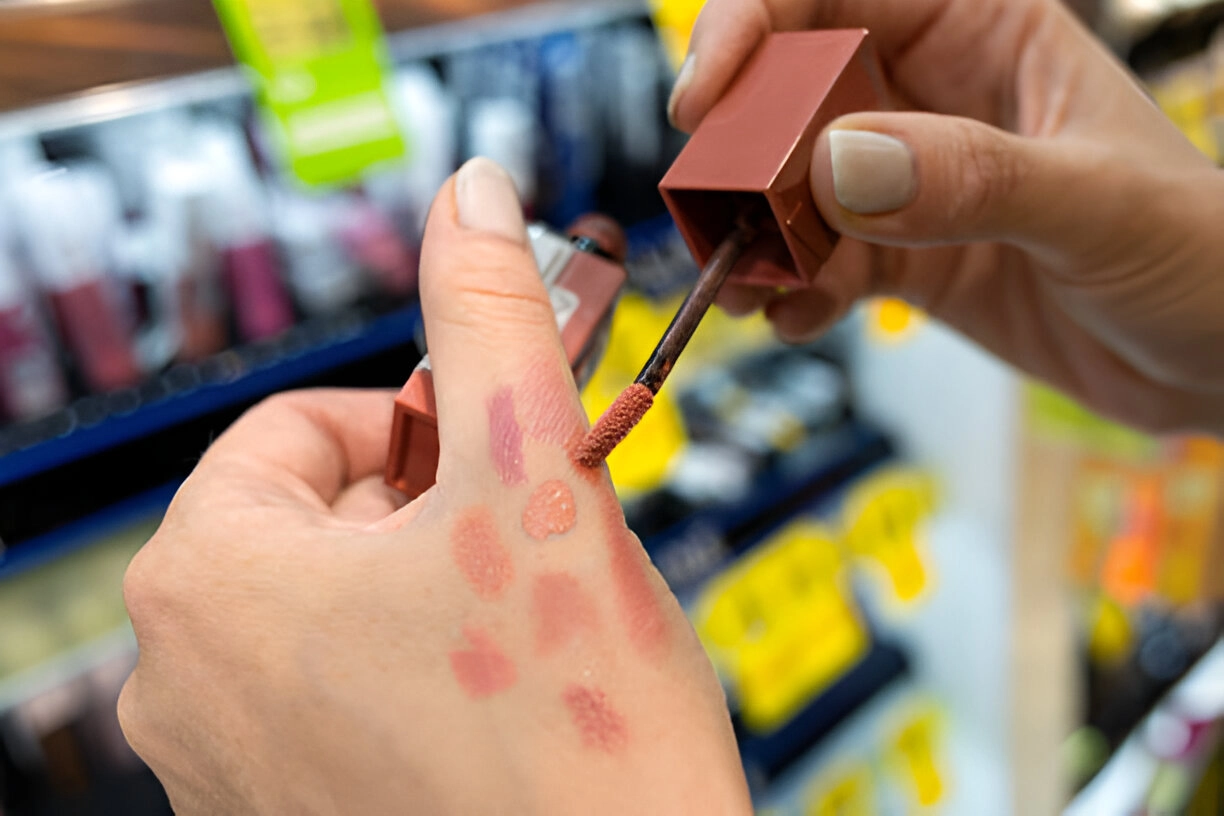Stress, anxiety, and mental fatigue seem to sneak into our lives without a knock on the door. For centuries, people have turned to physical touch to calm the mind. Massage therapy—an ancient practice—continues to gain traction in modern wellness routines, not just for tired muscles but for weary minds. Let’s unravel why massage isn’t just a treat but a tool for better mental health.
- Understanding Massage Therapy
- The Science Behind Massage and Mental Health
- Benefits of Massage Therapy for Mental Health
- Specific Mental Health Conditions and Massage Therapy
- Incorporating Massage Therapy into Mental Health Treatment
- Choosing the Right Massage Therapist
- Potential Risks and Considerations
- Personal Stories and Testimonials
- Conclusion
Understanding Massage Therapy
Massage therapy involves manipulating the body’s muscles and soft tissues to improve physical and mental well-being. It comes in many flavors—Swedish massage with its gentle strokes, deep tissue massage for breaking knots, and hot stone therapy for heat-induced relaxation. Each technique has unique benefits, but they all share one goal: fostering relief and relaxation.
Imagine walking into a spa after a tough week. As the therapist kneads away tension, it feels like a weight is being lifted—not just physically but emotionally. This isn’t magic. It’s biology.
The Science Behind Massage and Mental Health
Massage impacts the body in ways you might not expect. On a physical level, it calms the nervous system, which is often in overdrive due to stress. On a chemical level, it’s all about hormones:
| Hormone/Neurotransmitter | Impact of Massage |
|---|---|
| Cortisol | Lowers stress levels. |
| Serotonin | Enhances mood stability. |
| Dopamine | Boosts feelings of happiness. |
Massage essentially hits the “reset” button. Studies show that even a single session can reduce cortisol by 30%. That’s your body saying, “Thank you!”
Benefits of Massage Therapy for Mental Health
Stress Reduction
Think of stress as carrying a backpack full of bricks. Massage therapy takes out one brick at a time. Even a 15-minute chair massage can help you feel lighter, calmer, and better equipped to face challenges.
Anxiety Relief
People with anxiety often feel like their mind is running a marathon. Massage slows that race. By calming the body, it indirectly calms the mind. After all, a relaxed body rarely accompanies a frazzled mind.
Depression Management
Massage therapy doesn’t cure depression, but it can act as a flashlight in the dark. It soothes the body, and when the body feels good, the mind often follows. A person who receives regular massages may feel less stuck in a negative headspace.
Improved Sleep Quality
Good sleep is the unsung hero of mental health, and massage is like a lullaby for adults. By reducing tension, it helps you fall asleep faster and stay asleep longer. Say goodbye to tossing and turning.
Enhanced Emotional Well-being
Let’s not underestimate the power of human touch. Massage fosters connection, even if it’s with a professional therapist. That connection can make you feel less isolated and more grounded in the world around you.
Specific Mental Health Conditions and Massage Therapy
PTSD
For those dealing with post-traumatic stress, massage can be a sanctuary. It offers a controlled environment where they can feel safe. This physical comfort often translates to emotional relief.
Chronic Pain and Associated Depression
Pain and depression often go hand in hand. Massage helps alleviate physical discomfort, giving the mind a break from focusing solely on pain.
Body Image Concerns
People grappling with eating disorders or body image issues may find massage helps them reconnect with their bodies in a non-judgmental way. It’s about feeling present, not perfect.
Incorporating Massage Therapy into Mental Health Treatment
Massage can complement therapy and medication beautifully. Think of it as another tool in your mental health toolkit. If you’re new to it, start small—maybe a short session once a month. Communicate openly with your therapist about your needs.
Here’s a quick guide to help you get started:
| Frequency | Recommended Duration | Best for |
|---|---|---|
| Once a week | 30-60 minutes | Chronic stress, anxiety |
| Twice a month | 45-60 minutes | General relaxation |
| Once a month | 60-90 minutes | Maintenance and wellness |
Choosing the Right Massage Therapist
Selecting the right therapist isn’t as simple as booking the nearest appointment. Look for someone certified, experienced, and comfortable discussing your mental health concerns. You wouldn’t hire just anyone to fix your car—why do the same for your body?
Questions to ask when booking:
- Do you have experience working with clients facing stress or anxiety?
- What techniques do you use to promote relaxation?
- How do you ensure client comfort during sessions?
Potential Risks and Considerations
While massage is generally safe, it’s not for everyone. If you have conditions like deep vein thrombosis or severe osteoporosis, consult a doctor first. Also, some may find the physical closeness uncomfortable. Open communication is key.
Personal Stories and Testimonials
Imagine Sarah, a 35-year-old teacher. Juggling work and home life left her feeling drained. She started monthly massages and noticed not only her stress decreasing but her patience with students improving.
Or take Mike, an IT professional. Chronic back pain was affecting his sleep and mood. Regular deep tissue massages gave him more than relief—they gave him his smile back.
Conclusion
Massage therapy isn’t just about pampering yourself. It’s a powerful tool for nurturing mental health. Whether you’re battling anxiety, struggling with sleep, or just need to feel more like yourself, massage can be a step in the right direction. So, take a breath. Book a session. Your mind will thank you.

Marsha Cummings is the founder of Tranquil Glam, a platform dedicated to beauty, wellness, and self-care. With a passion for skincare and massage therapy, Marsha shares expert tips, product reviews, and insights to help readers feel confident and balanced.
Through Tranquil Glam, Marsha inspires others to embrace their natural beauty and discover the power of self-care in everyday life.
